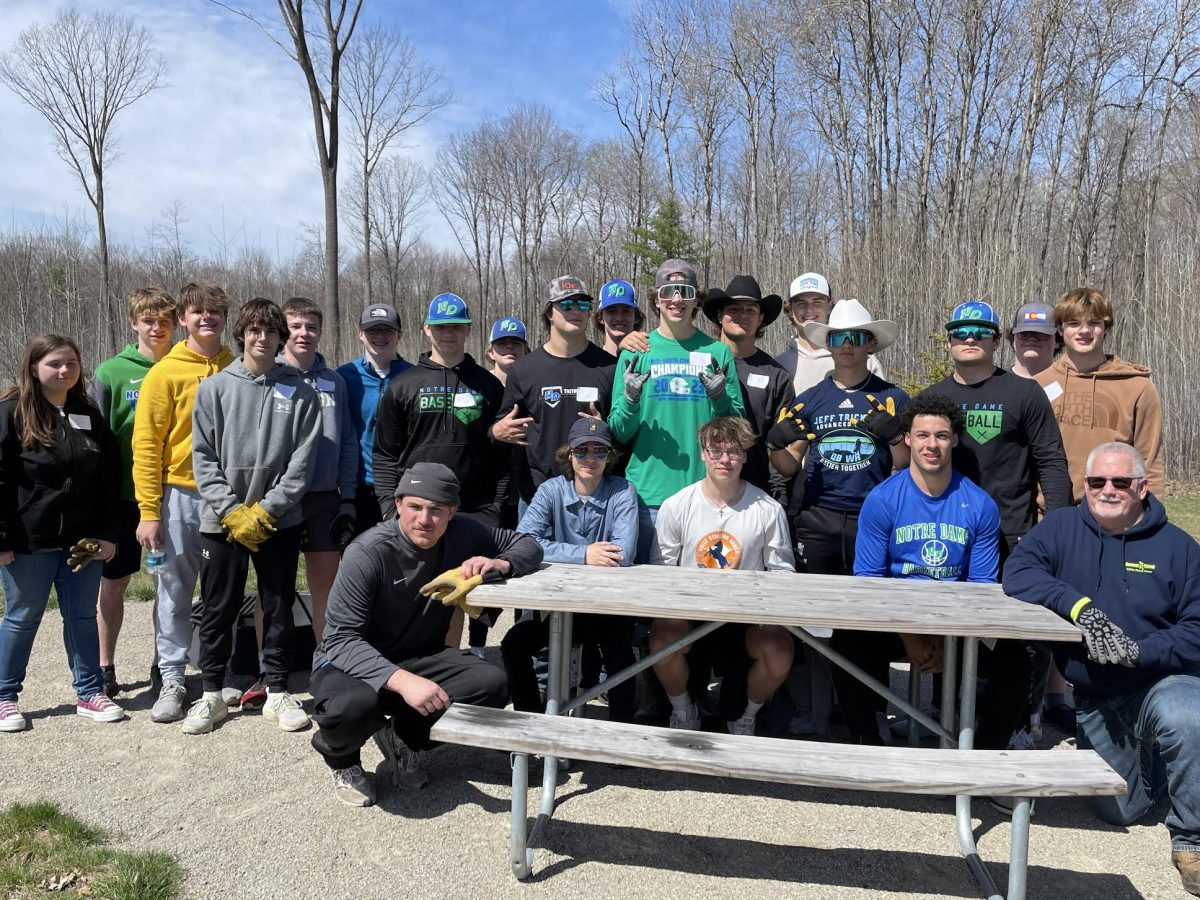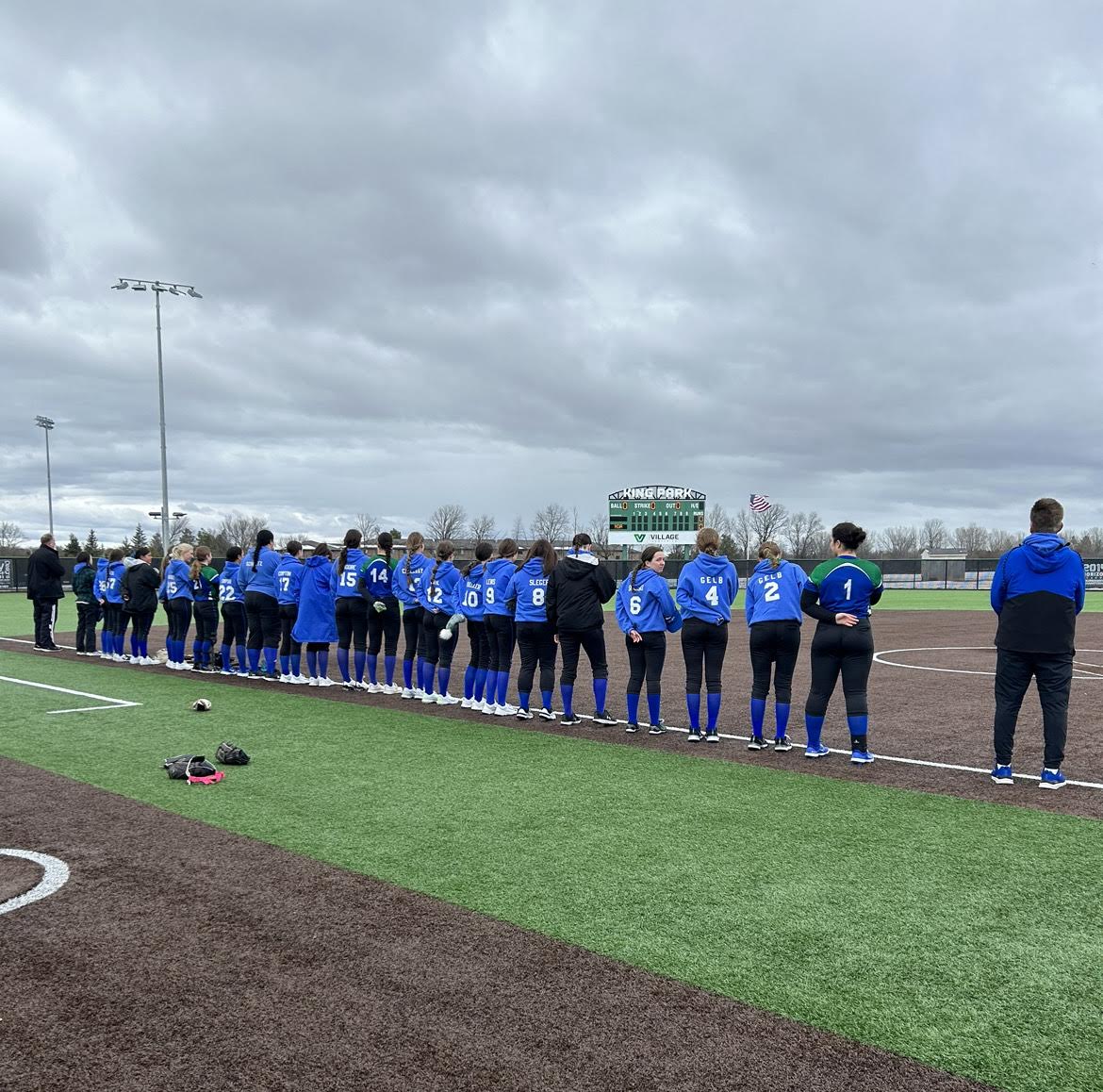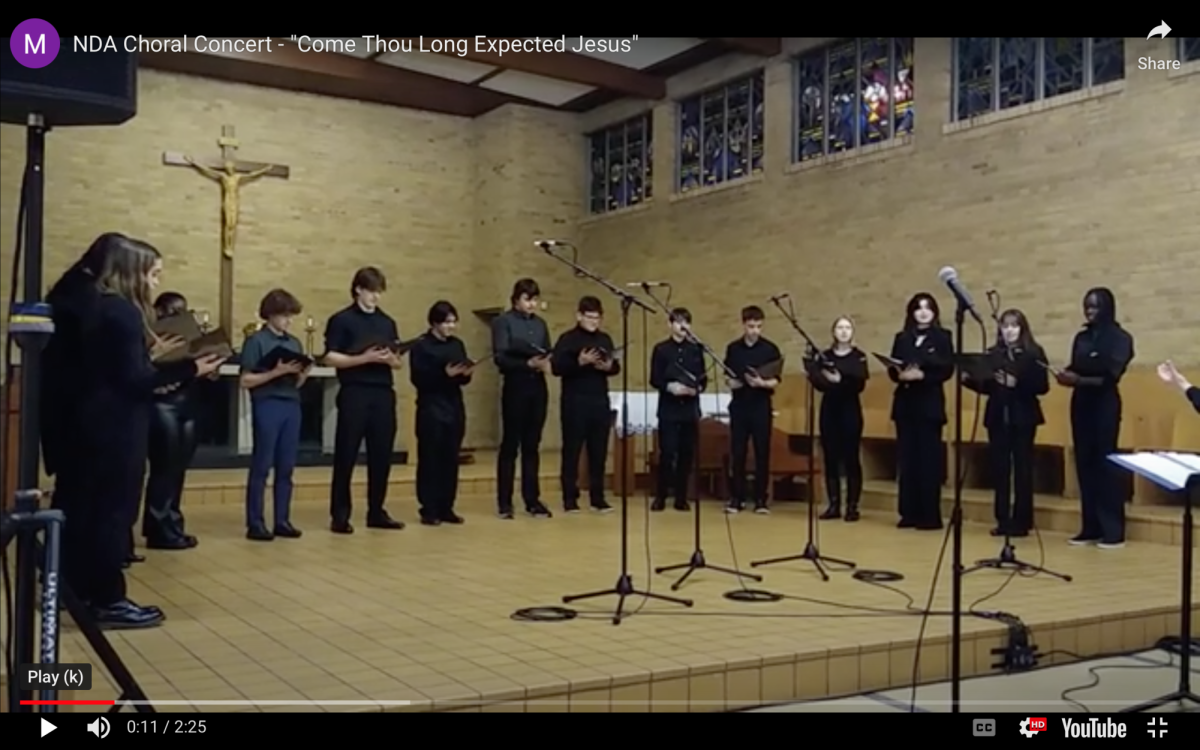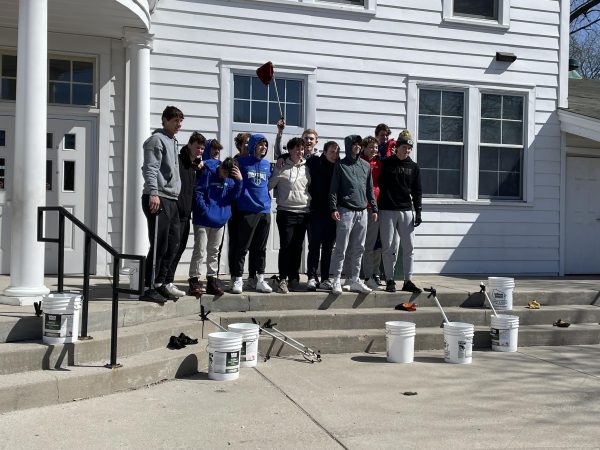Mandela Remembered as Brave, Heroic
Although his health was deteriorating, news of Nelson Mandela’s death on December 5th still shocked those who revered the great South African leader.
Mandela was a public figure who feared being “raised to the position of a semigod, because then you are no longer a human being.”
Mandela joined the African National Congress (ANC) in 1942. For 20 years, he directed a campaign of peaceful, nonviolent defiance against the South African government and its racist policies.
According to People Magazine, when the ANC was outlawed in 1960, Mandela led a militant armed operation underground. After incriminating documents and bomb-making equipment were found at an ANC hideout in 1963, Mandela was tried for sabotage and sent to Robben Island, South Africa’s Alcatraz.
“You have no idea,” he said, “of the cruelty of man against man until you have been in a South African prison with black prisoners and white wardens.”
Mandela made it through this tough time by training his spirit to hew to a new path: “Make the brain dominate the blood.”
Mandela was released from jail when the government declared the ANC legal in February of 1990. Now free at the age of 71, he was named the head of the ANC.
In 1993, Mandela and South African President F.W. de Klerk were jointly awarded the Nobel Peace Prize for their efforts to dismantle the country’s apartheid system.
“I hate race discrimination most intensely and in all its manifestations. I have fought it all during my life; I fight it now, and will do so until the end of my days,” Mandela said.
In 1994, when blacks in South Africa had the right to vote for their rulers for the first time in more than 300 years, Mandela was elected as the country’s first black President in a landslide at the age of 75.
He remained President for five years.
First Lady Michelle Obama had the chance to meet Mandela in 2011. She hopes all children learn from his legacy. “I hope they learn about the power of forgiveness to transform people and nations and lift us from a troubled past to a more hopeful future,” she said.
“Most of all I hope they understand that they have an obligation to continue Mandela’s legacy by doing their part to leave a better world for future generations.”
Mandela died at his home in Johannesburg, surrounded by loved ones. Although it is hard to lose such an iconic figure, Mandela seemed accepting of his fate.
“Death is something inevitable,” he said. “When a man has done what he considers to be his duty to his people and his country, he can rest in peace. I believe I have made that effort and that is, therefore, why I will sleep for the eternity.”



































